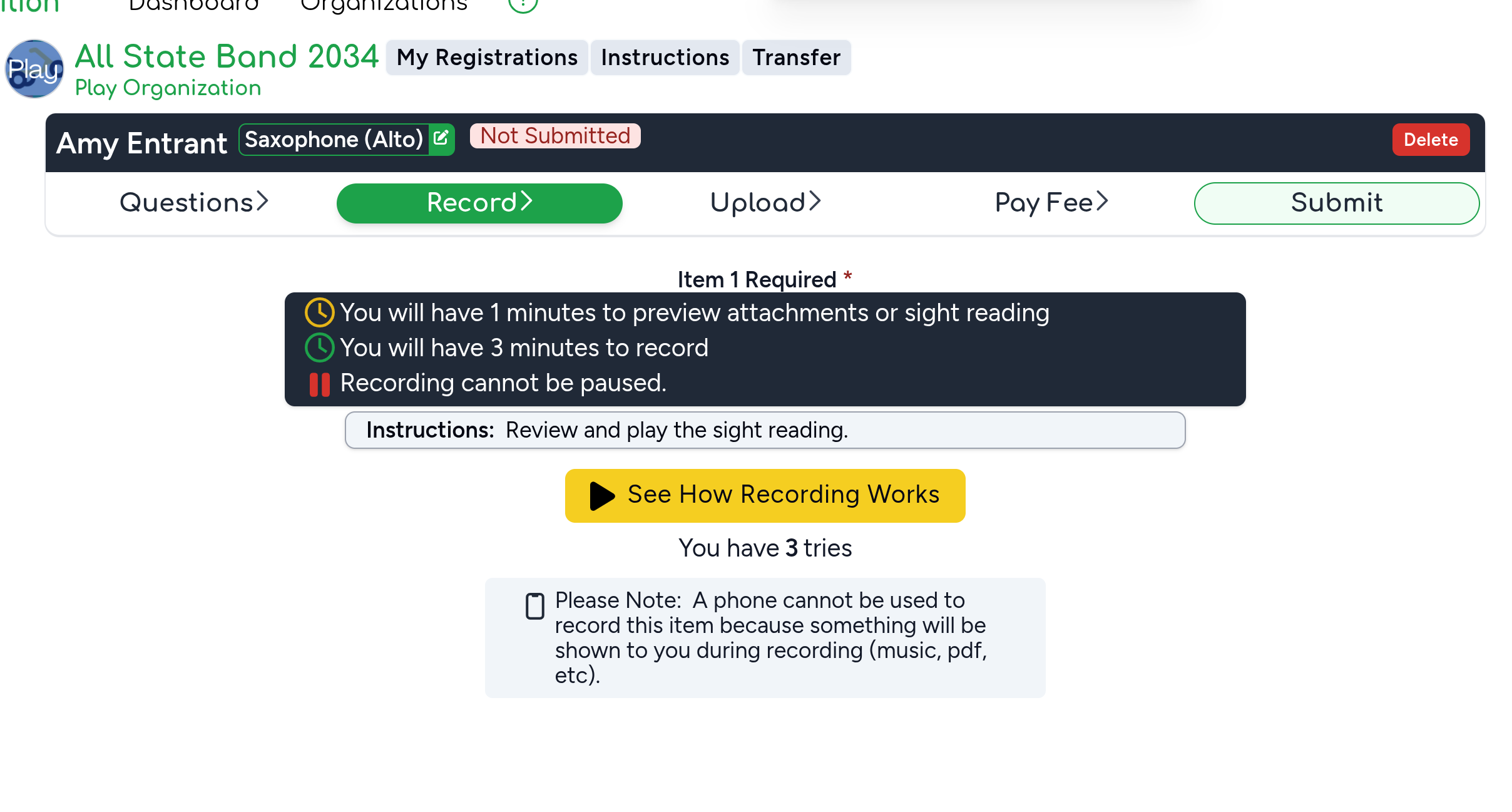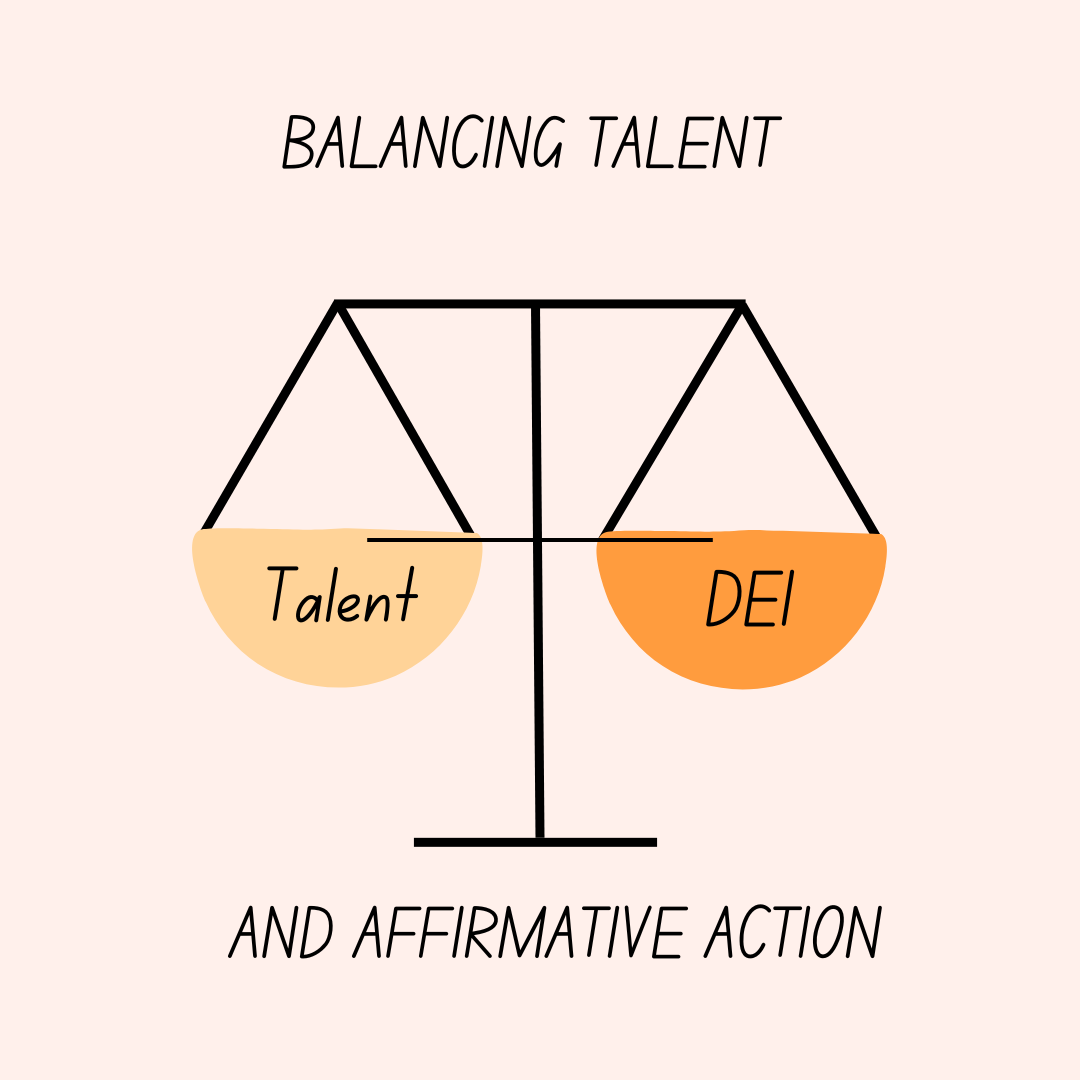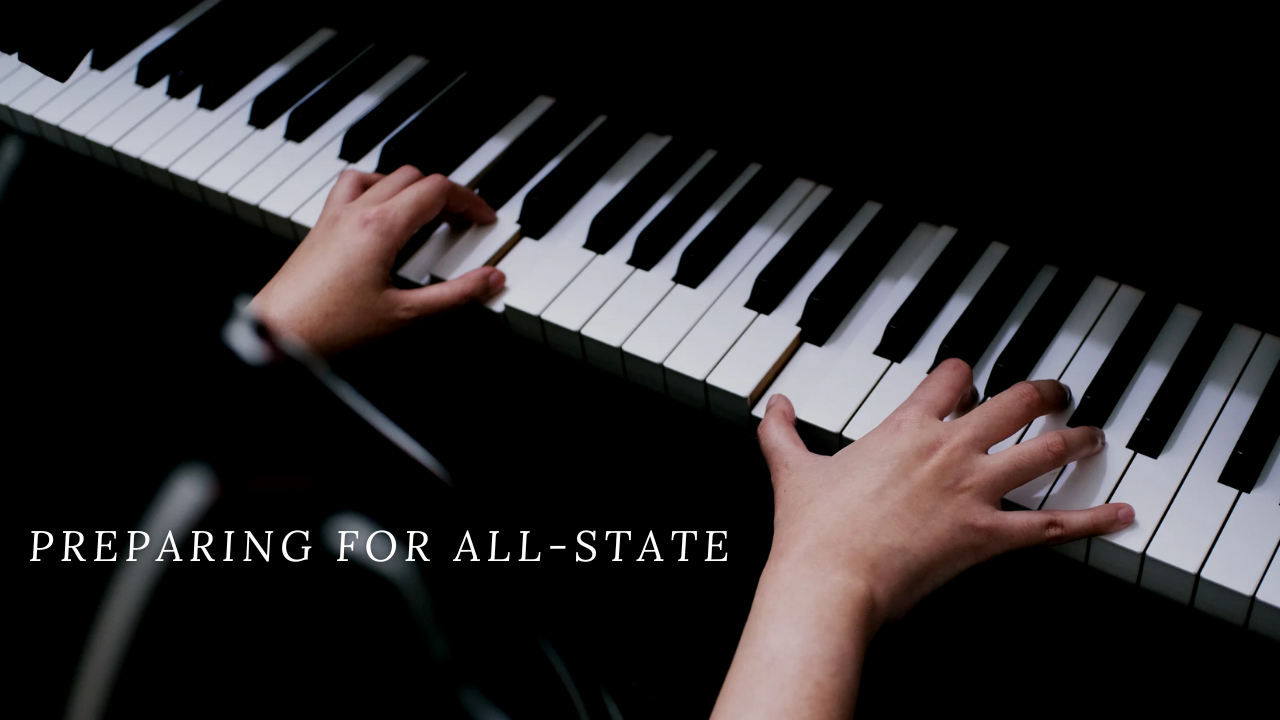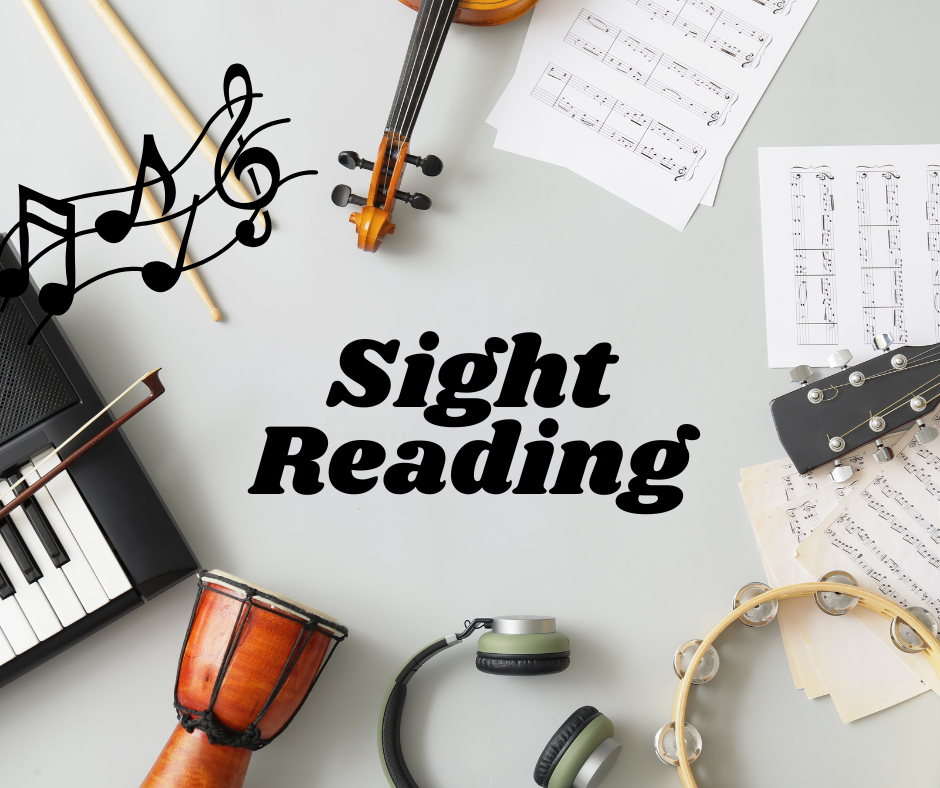
When organizing music auditions, one of the most important decisions is whether to allow performers to choose their own repertoire or to require all candidates to perform the same pieces. While offering choice can highlight individuality, there are significant advantages to standardizing the repertoire—especially when the goal is fair, objective evaluation.
Requiring all auditioning musicians to play or sing the same songs ensures consistency, equity, and clarity throughout the judging process. Here’s why that approach is not only practical but also essential in many audition contexts.
1. Ensures a Level Playing Field
When all performers are given the same repertoire, it eliminates variables that can unintentionally skew the audition in someone’s favor. Candidates aren't advantaged (or disadvantaged) by their repertoire choices, which may vary in difficulty, familiarity, or suitability for their instrument or voice.
Instead, every musician is evaluated on how *they* approach the same musical material—making the comparison more meaningful and equitable.
2. Enables Direct, Fair Comparison
Auditions are, by nature, comparative. Judges must choose who best fits the role, ensemble, or opportunity. When each person performs the same music, it becomes much easier to assess:
* Who has the strongest tone or sound quality?
* Who has the best musical expression?
* Who is technically cleanest?
With uniform repertoire, judges can identify standout qualities without the distraction of comparing vastly different musical styles or genres.
3. Reduces Bias in Repertoire Selection
Some performers come from backgrounds with greater access to teachers, coaching, and advanced repertoire. Others may simply have more time or experience with audition strategy. When performers choose their own pieces, those advantages can surface—and inadvertently influence judges.
By assigning the same material, organizers remove repertoire as a factor. This promotes inclusivity and ensures the audition focuses solely on how the music is performed—not what music was selected.
4. Highlights Musical Interpretation
Far from stifling creativity, shared repertoire reveals a candidate’s interpretive voice. When everyone performs the same piece, subtle differences in phrasing, dynamics, tempo, and emotional nuance become more noticeable—and more significant.
This gives judges a clearer picture of each performer’s artistic instincts, musical maturity, and expressive ability.
5. Simplifies Rubric-Based Evaluation
A standardized piece aligns easily with structured scoring systems or rubrics. Judges can mark elements like rhythm, articulation, or expression with greater consistency because they're assessing identical musical passages. This reduces subjectivity and increases fairness—especially when multiple judges are involved.
6. Prepares Performers Equally
Assigned repertoire gives all candidates a clear and common preparation goal. It also sets the expectation that preparation—not personal repertoire—is what matters. For younger or less experienced students, this can be less intimidating than choosing from a vast catalog of literature.
Requiring the same songs is especially useful in:
* Ensemble auditions (choir, band, orchestra)
* Competitive music festivals
* Scholarship assessments
* School and college program admissions
However, it may not always be the best approach for professional solo competitions, advanced recitals, or showcases where artistic identity is a key criterion.
Requiring the same songs in a music audition is about fairness, clarity, and focus. It levels the field, minimizes external advantages, and helps judges evaluate what truly matters: the performer’s technique, musicality, and potential. While there are times and places for open repertoire, standardized auditions are a powerful tool for ensuring every musician gets a fair chance to shine.

More Articles




